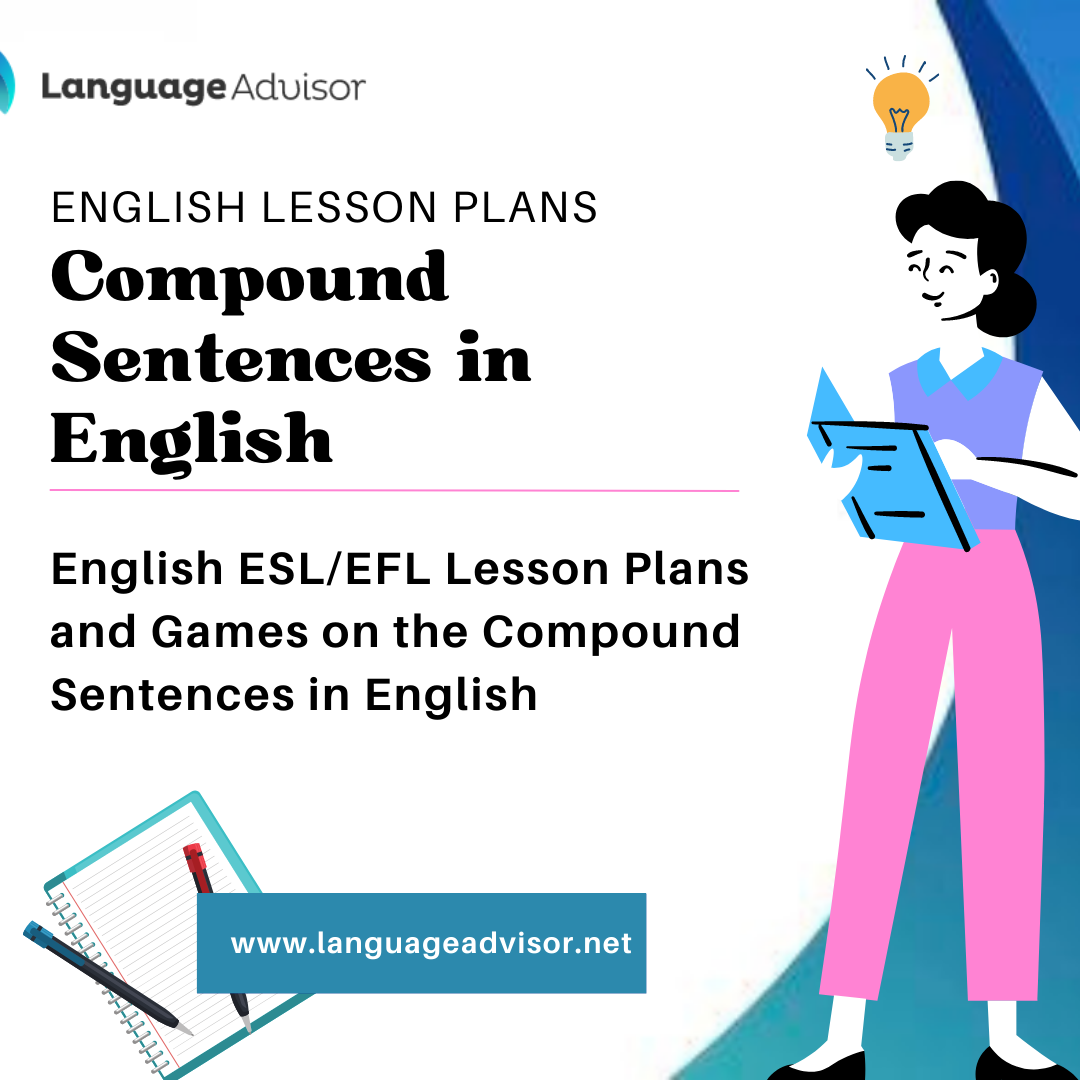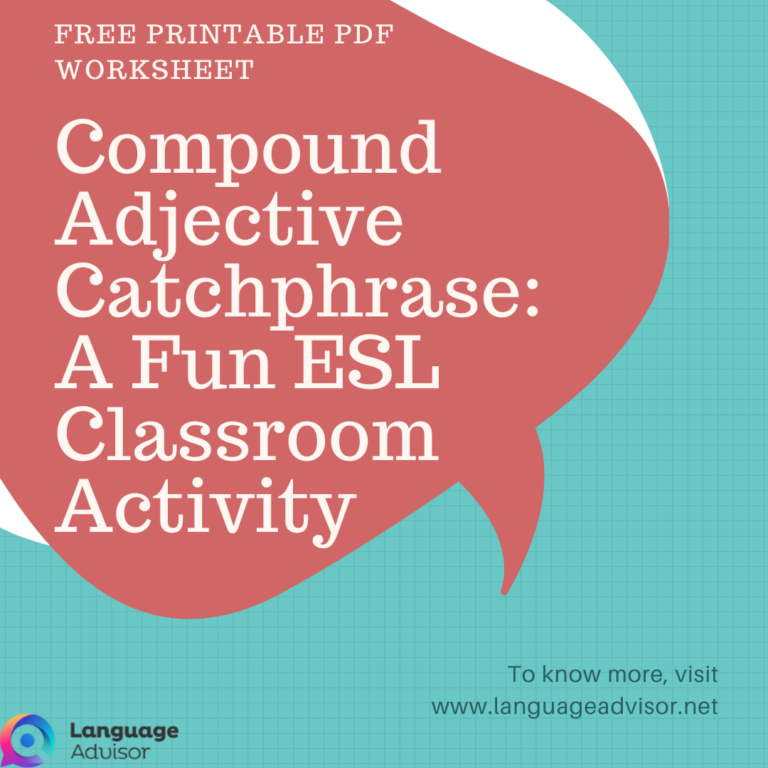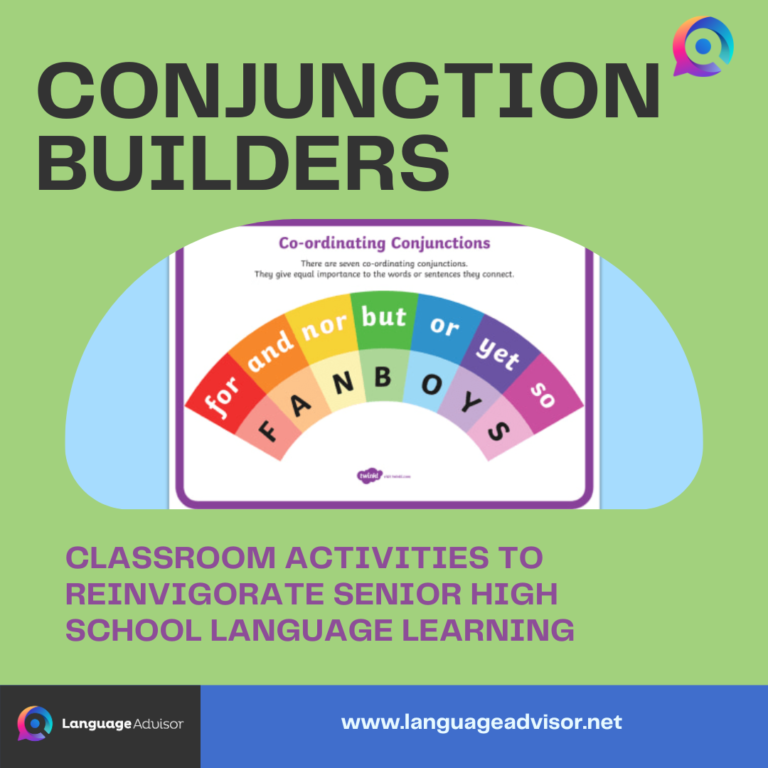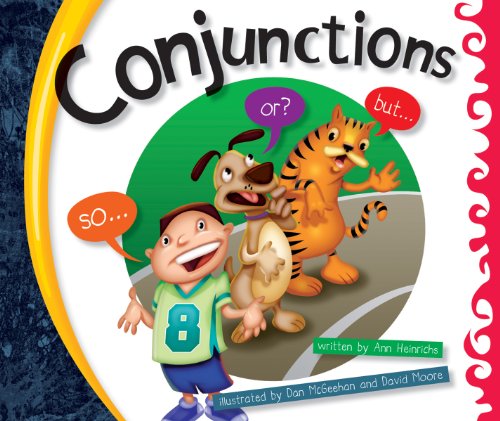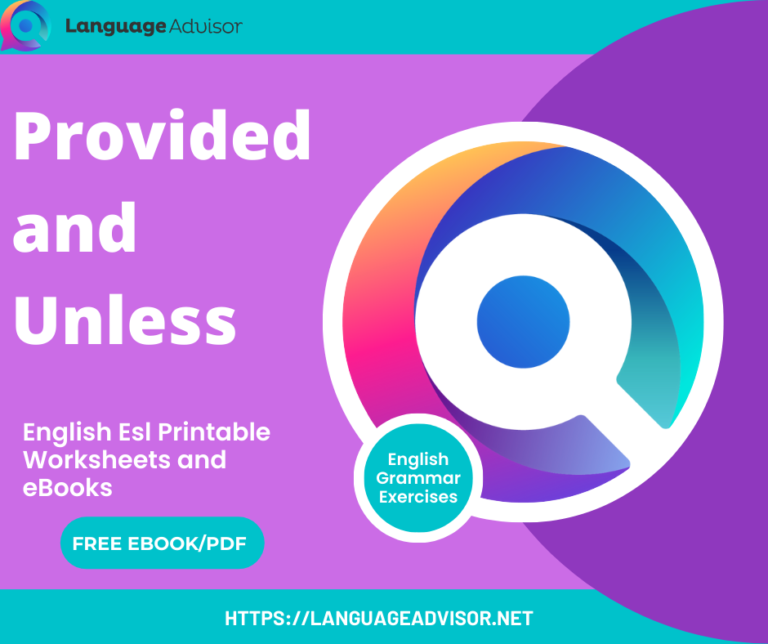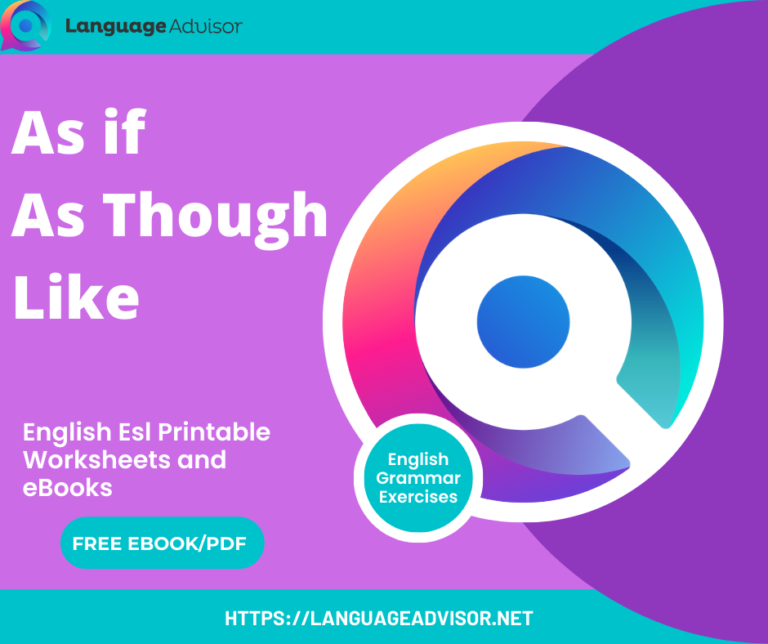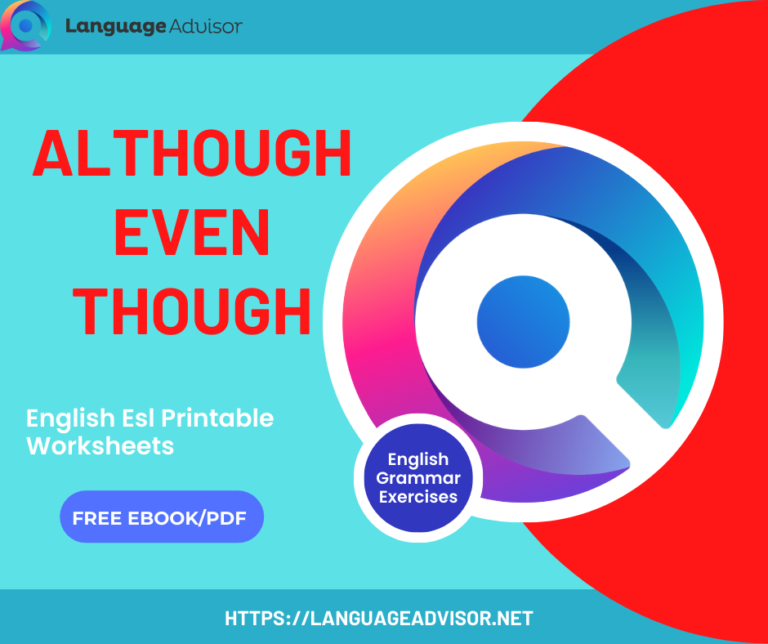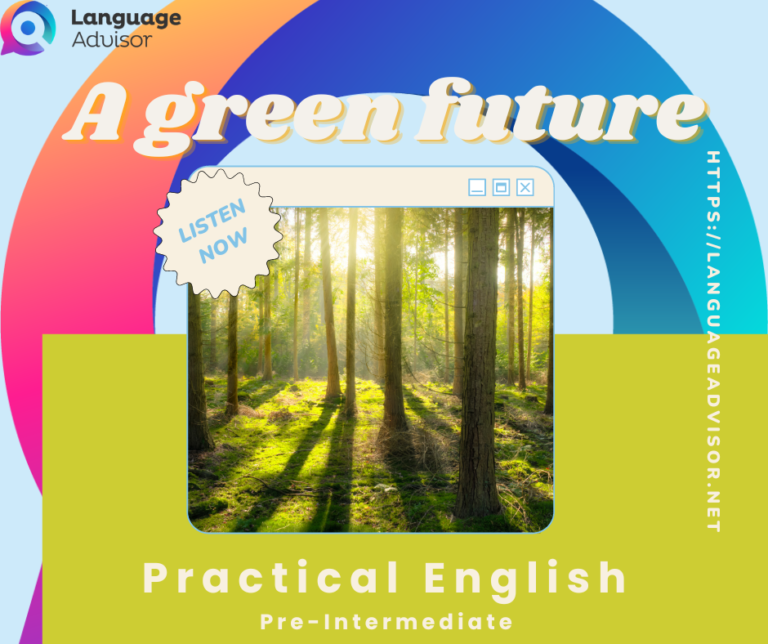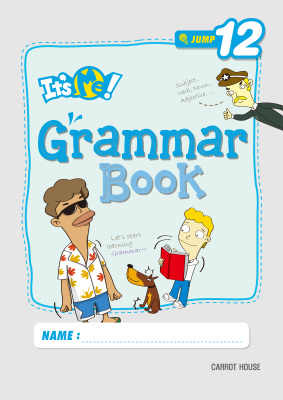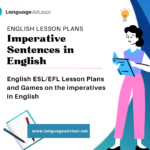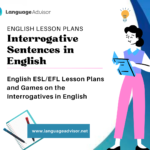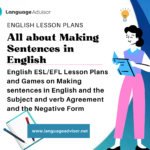Compound Sentences in English. English ESL/EFL Lesson Plans and Games on the Compound Sentences and Conjunctions in English
Compound Sentences in English

Lesson plans
Here you can find a wide range of full lesson plans to use in your classroom.
All of our lessons are designed around themes engaging and relevant to English ESL-EFL learners and can be used to complement your school curriculum, giving students an opportunity to develop their English language and skills in motivating and enjoyable ways.
These lesson plans focus on classroom games and activities oriented around meaningful practice of grammar items in English. The vast majority of the activities have been designed to be simple and easy to apply, without requiring much in the way of additional resources or materials. Wherever possible, games have been presented in a way that makes full use of any natural or genuine communicative aspects embodied in the grammar constructions, though while there is emphasis on understanding the grammar and its functional and communicative aspects, most of the games also highlight the importance of using the grammar accurately.
These lesson plans are intended as a starting point for teachers to adapt and build their own stock of in-class games and activities that can be applied relatively quickly and easily.

Here are four lesson plans on the English Compound sentences and Conjunctions

Compound Sentences with Conjunctions
Objectives:
Students will be able to use and recognize Compound sentences as they are created using Conjunctions
Presentation:
– Explain to the class what a Compound Sentence is.
A compound sentence is made up of two or more independent clauses that are connected by one or more conjunctions and a comma. The first word of the second independent clause is not capitalized, even though it may express a new thought.
Ex. The wind was strong, and the tree fell down.
– An independent clause is a group of words that has a subject and a verb, so it can stand alone as a sentence. When it stands alone, it is called a simple sentence not a compound sentence.
Ex.
The wind was strong.
The tree fell down.
So, now instead of one compound sentence, the same information is
conveyed by two simple sentences.
– Conjunctions are words that are used to connect words, phrases, or clauses.
Here is a list of popular conjunctions:
1. and =
2. but =
3. for =
4. so =
5. yet =
6. because =
Practice:
– Give the students five more examples of Compound Sentences.
1. The lightning was bright, and the rain fell hard.
2. I work hard, because I want a promotion.
3. She wanted to go swimming, but she didn’t know how.
4. He lives in Michigan, so he can be near his parents.
5. It was only 4:00pm, yet it was already dark.
Homework:
– Have the students write ten of their own compound sentences using different conjunctions. This task can be given to the students after the lesson is presented and they can work on it until class is finished, but whatever is not finished will then be their home task.


“Either, or…Neither, nor” Compound Sentences
Objective:
Students will be able to use and recognize Compound sentences created by the application of Conjunctions. Specifically for today’s lesson the objective is that the students will be able to understand the more complex paired conjunctions of “either” with “or” and “neither” with “nor.”
Presentation:
– Review with the class what a Compound Sentence is.
A compound sentence is made up of two or more independent clauses that are connected by one or more conjunctions and a comma. The first word of the second independent clause is not capitalized, even though it may express a new thought.
Ex. The boy was hungry, so he ate lunch.
– An independent clause is a group of words that has a subject and a verb, so it can stand alone as a sentence. When it stands alone, it is called a simple sentence not a compound sentence.
Ex.
The boy was hungry.
He ate lunch.
So, now instead of one compound sentence, the same information is
conveyed by two simple sentences.
– Conjunctions are words that are used to connect words, phrases, or clauses.
– Here are two pairs of conjunctions that are typically used together:
1. either =
2. or =
3. neither =
4. nor =
– Ex. Neither Mary nor Mark can come to the party.
Either you tell them or I will.
– However, Either / neither can also be used alone in two scenarios:
1. Can be used with a noun.
Ex. Neither restaurant is expensive
We can go to either restaurant.
2. Can also be used alone.
Ex. a. Q. Is your friend British or Australian?
R. Neither, she’s American.
b. Q. Do you want coffee or tea?
R. Either, I don’t care.
Practice:
– Give the students three more examples of Compound Sentences formed with the paired conjunctions of “either and or” / “neither and nor.”
1. She neither wrote nor phoned.
2. He’s either French or Italian.
3. Either you apologize or our friendship is over.
Homework:
– Have the students write ten of their own compound sentences using the paired conjunctions of “either and or” / “neither and nor.”


Review of Punctuation
Objective:
To ensure that the students understand and can properly use Punctuation
Presentation:
– Punctuation are the specific marks that emphasize and/or clarify meaning in language.
-There are numerous punctuation marks that can be used as a means to express oneself however the following are the only ones that will be expected of your students.
– Capital Letter: Every sentence begins with a capital letter.
Ex. The girl went home.
– Period: Both declarative and imperative sentences have periods at the
end of them.
Ex. I am a teacher. = declarative
Do your homework. = imperative
– Exclamation Point: Goes at the end of an exclamatory sentence.
Ex. The house is on fire!
– Question Mark: Goes at the end of an interrogative sentence.
Ex. Will you come to my house?
– Comma: Separates parts of a sentence. A comma is used within a
sentence when a slight pause or breath is needed. The comma indicates to the reader that they should slow down. There are three times a comma is needed, and they are as follows:
1. A comma is needed after a subordinate clause begins a sentence.
Note that a subordinate clause is a group of words that does not
complete a thought.
Ex. After dark, it is too late to call.
2. A comma is needed in a compound sentence to separate the two
independent clauses connected by a conjunction.
Ex. Mike and Tony are friends, but they live far apart.
3. A comma is also used to separate words in a series.
Ex. I like dogs, cats, and horses.
Practice:
– Have the students practice working with these punctuation marks by creating all sorts of sentences (using all 4 types). They can write 10 sentences or create a story.
Homework:
– Have the students finish the above task at home, if they were unable to complete it during class time.

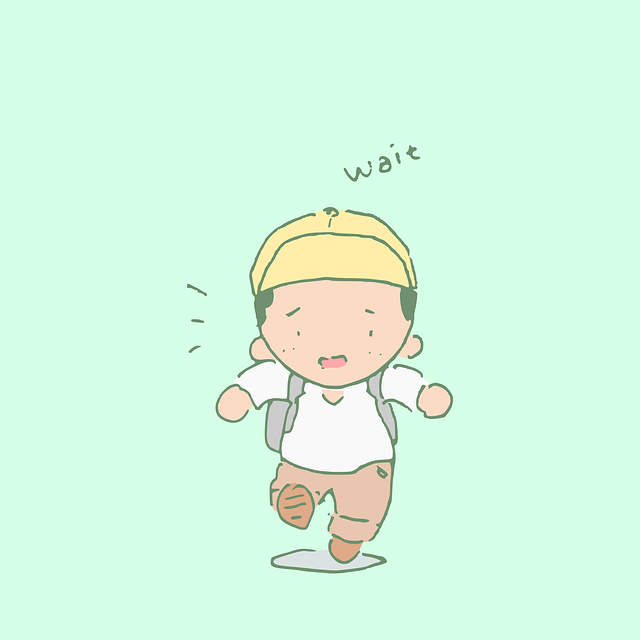
Dictation Using Simple and Compound Sentences
Objective:
To have the students practice their listening and writing skills while implementing all the knowledge they have obtained in the past few weeks. This lesson incorporates many of the previous lessons information, so students will have the opportunity to demonstrate their new knowledge.
Presentation:
– Today’s lesson is simply dictation. You will read the below story out loud (slowly) to the class so that they can then practice their listening and writing skills. You will probably have to read it a few times through so that all the students can participate. When the students are finished with the dictation part, have them label the sentences simple or compound. Then have them further categorize the sentences into: declarative, imperative, exclamatory, or interrogative. Finally have them circle the conjunctions in the text.
Dictation
Bazaar Day
On Sundays I go to the Bazaar, because there are so many things to do and see. You can buy fruits and vegetables. You can buy clothes or animals. You can buy furniture and music.
The Bazaar is so interesting. I love the Bazaar! Do you like the Bazaar? Some people do not like the Bazaar, because there are too many people. I guess you either like the Bazaar or you don’t. The Bazaar is very colorful and noisy. Vendors ask, “Will you buy a watermelon?”
Some salespeople just say, “Try this apple. It is delicious.” I like to go to my neighbor’s fruit stand to purchase things, because they are always friendly. When I am tired of being at the Bazaar I find a mashrutka and tell the driver, “Take me home.”
Homework:
– Allow the students to work on their dictations at home if they need more time.

Also Check out these resources on the English Compound Sentences and conjuctions


